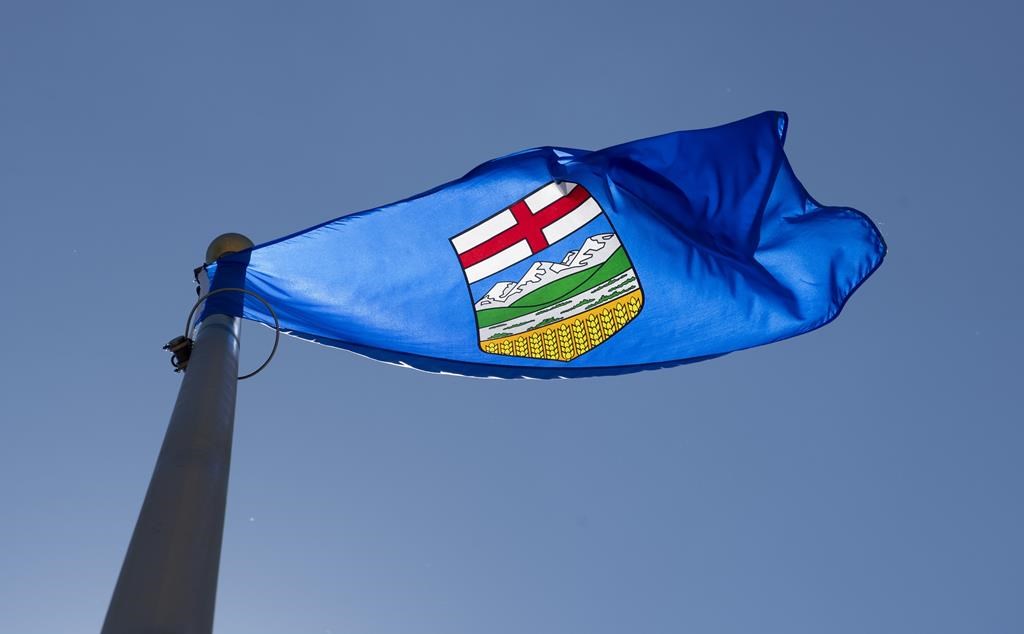Airspace dispute: Chinese President Xi, US VP Biden give no ground in lengthy Beijing talks
Posted Dec 4, 2013 6:15 am.
This article is more than 5 years old.
BEIJING, China – Giving no ground, Chinese President Xi Jinping and U.S. Vice-President Joe Biden traded strong arguments Wednesday over China’s contentious new air defence zone, with little indication of progress toward defusing a situation that is raising anxieties across Asia and beyond.
Though Biden made clear the deep concern of the U.S. and other countries during the 5 1/2 hours of talks — themselves highly unusual for an American vice-president and Chinese president — Xi vigorously made his case, too, for China’s declaration of new rules concerning a strip of airspace more than 600 miles long above disputed islands in the East China Sea.
Speaking to American business leaders here the next morning, Biden said he had been “very direct” about the firm U.S. position and Washington’s expectations for Beijing in his conversation with Xi.
“China’s recent and sudden announcement of a new air defence identification zone has, to state the obvious, caused significant apprehension in the region,” Biden said.
But Biden said he also put the issue in a broader context when he met with Chinese leaders. As China’s economy grows, its stake in regional security grows, too, because China will have more to lose. “That’s why China will bear increasing responsibility to contribute positively to peace and security,” he said.
The U.S. worries that China’s demand that pilots entering the airspace file flight plans with Beijing could lead to an accident or a confrontation spiraling dangerously out of control. Now it is up to the Chinese to take steps to lower tensions, and “it’s a question of behaviour and action,” said a U.S. official, who briefed reporters on the private talks.
The official was not authorized to be quoted by name and spoke only on condition of anonymity.
Though Biden expressed no disappointment publicly, the outcome of his visit was not what the U.S. might have hoped for.
Earlier in the week, the vice-president had stood shoulder to shoulder in Tokyo with the leader of Japan, China’s regional rival, pledging to raise Washington’s concerns with Xi directly. But as he arrived in Beijing, an editorial in the state-run China Daily charged Washington with “turning a blind eye to Tokyo’s provocations,” warning that Biden would hit a dead end should he come “simply to repeat his government’s previous erroneous and one-sided remarks.”
Echoing Biden’s concerns from Washington, Defence Secretary Chuck Hagel called China’s announcement of the zone “destabilizing,” complaining that it came without consultation. “That’s not a wise course of action to take for any country,” Hagel said at a Pentagon news conference.
Neither Biden nor Xi mentioned the dispute as they appeared briefly before reporters during the talks. But in private, the issue came up at length at the beginning and again near the end of the long-planned meeting, which also focused heavily on concerns about North Korea’s nuclear program, senior Obama administration officials said.
The typically upbeat Biden appeared subdued Wednesday evening as he reflected on the complexity of the relationship between China and the U.S., two world powers seeking closer ties despite wide ideological gulfs they have as of yet been unable to bridge.
“This new model of major-country co-operation ultimately has to be based on trust, and a positive notion about the motive of one another,” Biden said, flanked by top advisers in a resplendent meeting room steps away from Tiananmen Square.
The calibrated public comments played down the deep strains permeating the relationship between the world’s two largest economies.
Earlier, however, Biden told Chinese youngsters waiting to get visitor visas processed at the U.S. Embassy that American children are rewarded rather than punished for challenging the status quo, an implicit criticism of the Chinese government’s authoritarian rule.
“I hope you learn that innovation can only occur where you can breathe free, challenge the government, challenge religious leaders,” Biden said.
Xi, for his part, stuck to the script — at least in public. The Chinese leader touted the benefits of closer U.S.-China ties as he laid out “profound and complex changes” underway in Asia and across the globe.
“The world, as a whole, is not tranquil,” Xi said.
Behind closed doors, Xi made his own case for why China’s action to establish the air zone is appropriate, said the U.S. administration officials, who weren’t authorized to comment by name and demanded anonymity. Xi listened earnestly as Biden presented his own arguments, the officials said, but it was unclear what impact there might have been.
Turning his focus the next morning to brighter spots in the relationship, Biden praised China’s leaders for committing to sweeping economic and other reforms that he said coincide with U.S. interests. Biden said he had no doubt China intended to follow through with the proposals, announced weeks earlier in a Communist Party conference, to ease restrictions on foreign investment and private competition with state-dominated industries
“This is going to be difficult,” Biden said. “But if we get it right, the outcome for our children and grandchildren can be profound — profoundly positive.”
Still, the simmering dispute over the tiny islands and the airspace above them has trailed Biden throughout his weeklong trip to Asia. After meeting with China’s premier and speaking to business leaders Thursday, he will fly to Seoul in South Korea — another neighbour whose air defence zone now overlaps with China’s.
American officials say as far as Washington is concerned China’s newly claimed zone doesn’t exist, and the U.S. military has flown B-52 bombers through it to drive the point home. But U.S guidance to commercial pilots to abide by the airspace rules has rankled Japan and other allies, who urged the U.S. to stand firm against China as Biden headed to the region.
The Obama administration sees China’s move as part of a broader strategy to solidify its claims to territory as the country asserts its power more vigorously in the region. Wary that nationalist sentiments in China may preclude Xi from backing down now that he’s established the zone, Washington has sought to persuade Beijing to quietly refrain from enforcing it, nullifying it in practice if not in deed.
“Xi has no room on this, at least right now,” said Victor Cha, who headed Asian affairs for the White House National Security Council in the George W. Bush administration. “Maybe the space will come later in terms of enforcement of the zone, but now they are butting heads on the issue, and the Chinese see us as carrying too much of Japan’s water.”
The U.S. has also urged China not to implement new zones over other disputed territories, as China has already claimed it has the right to do. Defending such actions, Chinese officials point out that other countries including Japan and the U.S. have similar defence zones over their lands.
Japan and China both claim the islands in the East China Sea. The U.S. takes no position but recognizes that Japan administers them. China is entangled in other disputes as well, including a long-running argument with the Philippines over islands in the South China Sea.
Tensions between the U.S. and China were temporarily glossed over earlier when Biden arrived here for an elaborate welcoming ceremony in Beijing’s Great Hall of the People. Chinese Vice-President Li Yuanchao greeted his American counterpart with an elaborate honour guard and a military band that played the two countries’ national anthems, as Biden and Xi stood together on a platform above the massive hall’s marble floors and crisscrossing red carpets.
___
Reach Josh Lederman on Twitter at http://twitter.com/joshledermanAP










